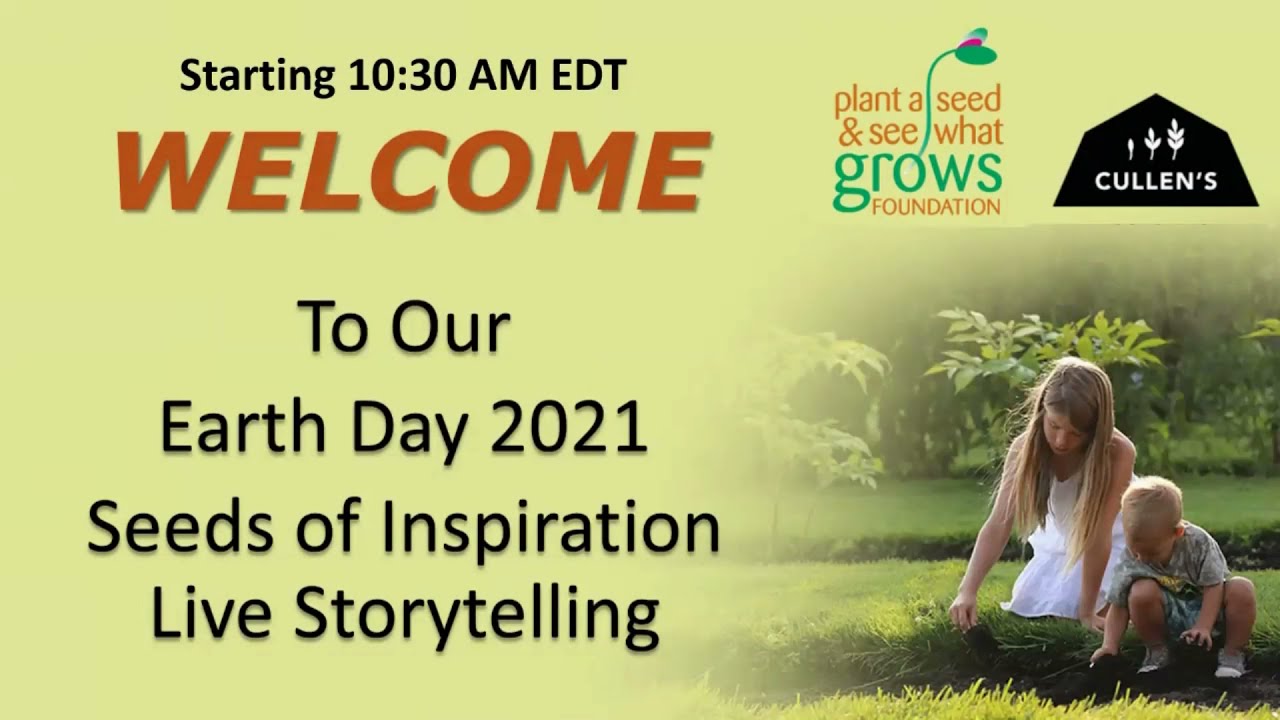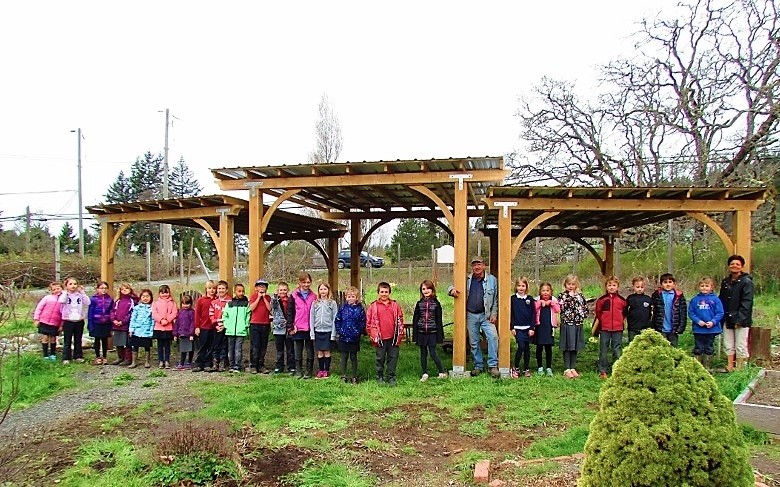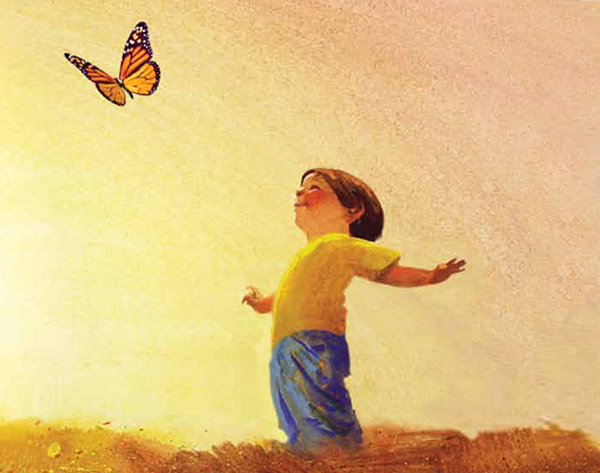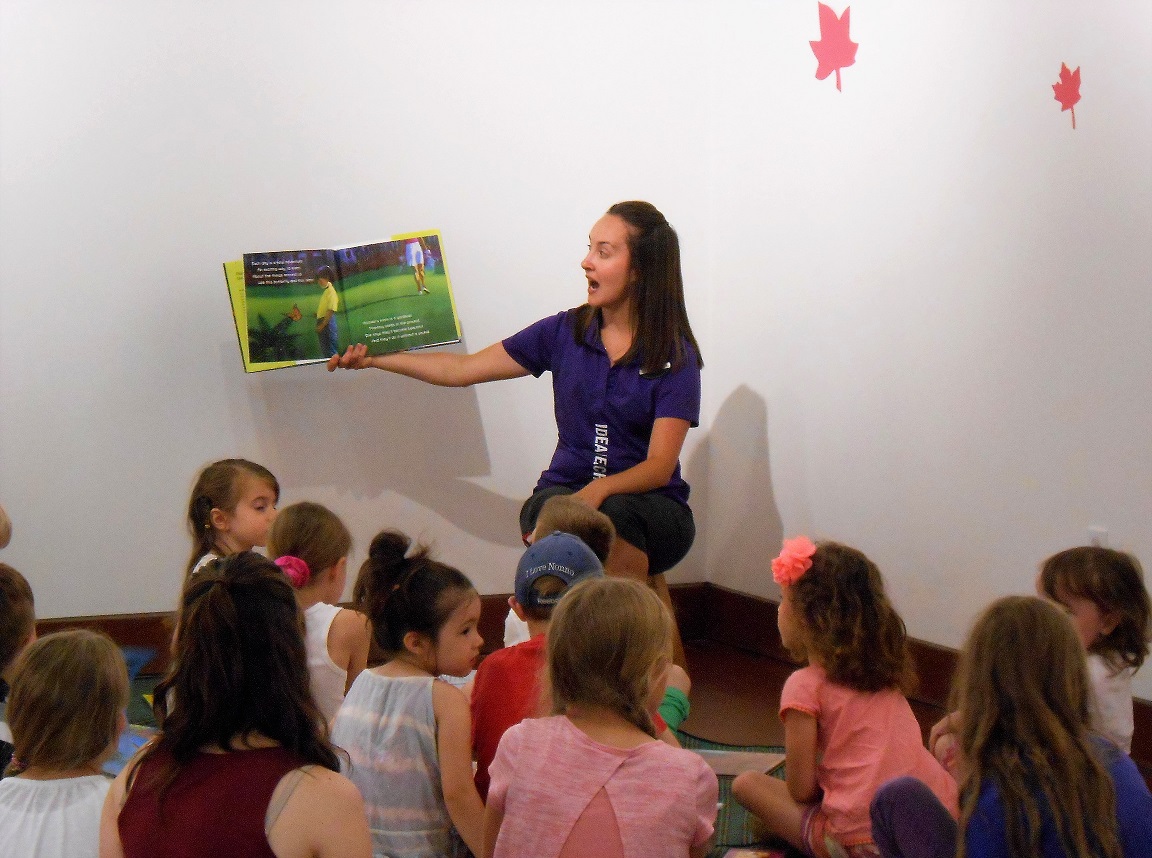The summer in BC and other regions across Canada is unfortunately known as forest fire season. And as the land becomes more densified, communities find themselves nearer to the threat than ever before, with local garden and urban farming plots becoming hot targets, especially when drought becomes more of a concern. Today, here in the thick of the season, our Foundation is weighing in with some important tips to help keep your worthy community farming initiative from going up in smoke.
5 Tips to Keeping Your Community Garden Safer from the Threat of Summer Season Fires
1. Avoid Building a Garden in High Risk Zones
This tip goes out to those of you who are currently planning a community garden project. If possible, avoid zones that are known to be at high risk in the summer months. Your local municipality will give guidance on the matter, and will have tools for you to reference. For example, the Regional District of Central Okanagan has provided a detailed map which highlights wildfire risk by region. A simple inspection of land considerations will go a long way as well. For instance, forested areas present more risk than ones located near open fields, concrete, or local waterways. In addition, plan your plot near a fire hydrant, and even a local firehall which will afford your garden a quicker response if there is an approaching (or on site) fire.
2. Avoid the Use (or Storage) of Chemicals and Oil/Gas
While most community gardens grow food organically without the use of harmful pesticides and the like, other flammable chemicals may make their way onto the area and into the garden shed. These conduits include paint (for the shed, fence, or garden art projects), paint thinner, industrial glue (for repairs), oil and gas (for lawnmowers) and more. Read all labels of anything unnatural that you bring into the garden environment. If it’s flammable, do not store it on site.
3. Store Water to Keep the Plot Hydrated Through Summer Droughts
In a perfect world you would be able to water your garden every day (or as needed) without concern for water supply. A well-watered garden certainly reduces the risk of fire. However, in a dry summer there are often restrictions on this practice, but this doesn’t mean you have to let plants and surrounding vegetation get so dry that they ignite with the slightest spark. Adopt water conservation practices that will increase your ability to water the garden all summer season long. This can be accomplished using of rain barrels, mulching, and by building rain gardens. View more on the how to water a community garden in a summer of short supply.
4. Firmly Discourage Smoking Near the Garden/Farm
More than half of the forest fires in BC are caused by humans, with cigarette butts being a primary culprit. The same risk applies to the urban farming environment. While smoking is prohibited in community gardens, it should also be discouraged in areas surrounding the plot, even if it cannot be officially enforced. That means you should post signs surrounding the garden that kindly ask passersby to not smoke and/or dispose of their cigarette butts anywhere near the garden.
5. Remove Unnecessary “Kindle” from the Scene
Dry vegetation is something that can be addressed with a water conservation initiative, but there are other forms of “kindle” that can inflate the risk of fire on your garden property. Walk around the plot and surrounding area to identify the existence of unnecessary dry wood, and rake away leaves and debris. Empty garbage and composting bins daily, and trim bushes and trees of dead twigs and branches. If there is anything on or near the garden that can easily catch a fire and it is not necessary to the maintenance of the garden, have it removed. Be especially diligent in this capacity if there is a nearby forest of brush fire, but do so without putting yourself and other volunteers in harms way. Safety first, always.
If you would like to know more about the work of the Foundation, please sign-up to become a Friend of the Foundation. For inquiries about how to support the Foundation’s work in school gardens and post-secondary education bursaries, please contact us.







